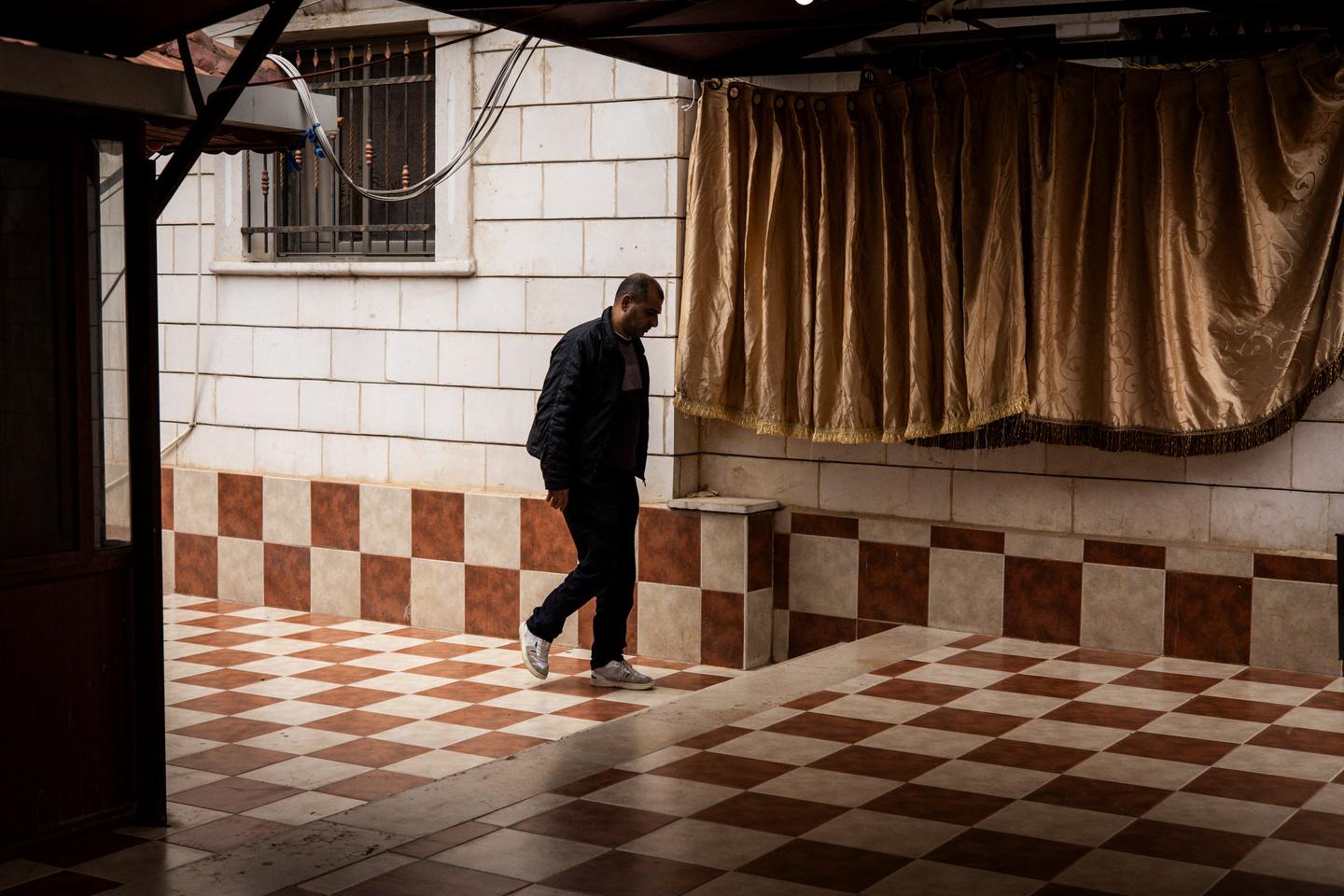


While Israel has unilaterally resumed total war in Gaza, the gathering of Palestinian leaders in Ramallah through Thursday, April 24, to consider creating a vice president position for the Palestinian Authority tragically underscores this situation. Never before have so many Palestinians died under Israeli bombings, and never have entire neighborhoods been razed like this. But also never in half a century has the Palestinian cause seemed so abandoned, lacking prospects and figures capable of embodying it. This void is not new. It is the result of a slow erosion that began with the Second Intifada in 2000. However, the massacres perpetrated by Hamas on October 7, 2023, and the terrible war that followed have accelerated this disintegration.
This is a historical rupture. Following the Arab defeat of 1967, which materialized in the forceful conquest and then Israeli occupation of the Egyptian Sinai, Gaza, the West Bank and the Syrian Golan Heights, Palestinians in exile managed to reclaim control of their struggle for self-determination, previously tightly held by the main Arab powers. Yasser Arafat's arrival at the head of the Palestine Liberation Organization (PLO) in 1968 consecrated this "re-Palestinianization" of their cause.
In the following decades, the PLO succeeded, outside the occupied territories, in representing all Palestinians and gradually reformulating a national project based on the two-state solution. In Algiers in 1988, the Palestinian National Council adopted by a wide majority a symbolic declaration of independence based on United Nations Resolution 242, adopted after the Six-Day War. This evolution paved the way for the Oslo Accords, concluded in 1993 with Israel and based on mutual recognition: of the PLO by Israel and of Israel by the PLO.
You have 66.45% of this article left to read. The rest is for subscribers only.
